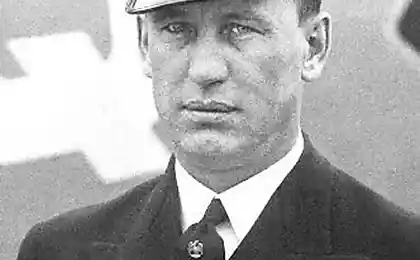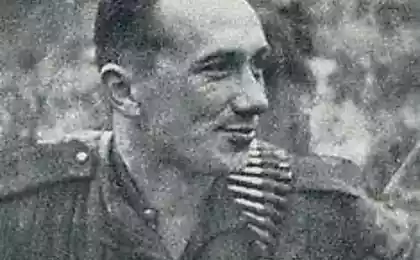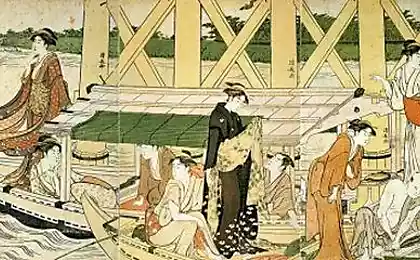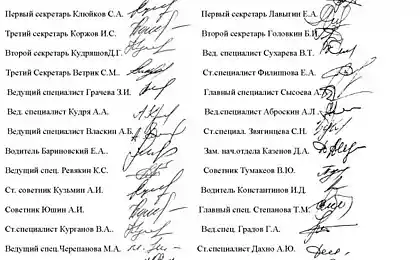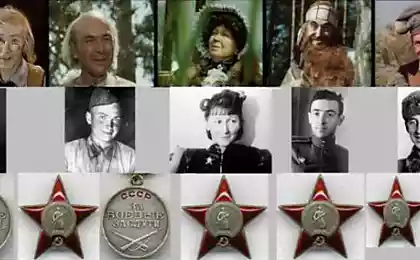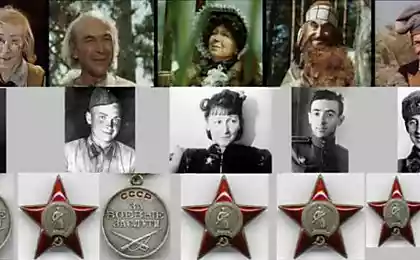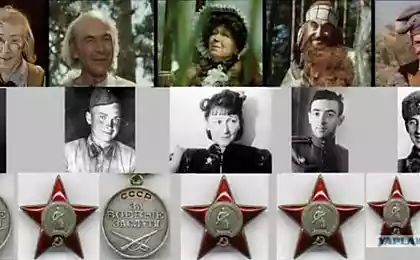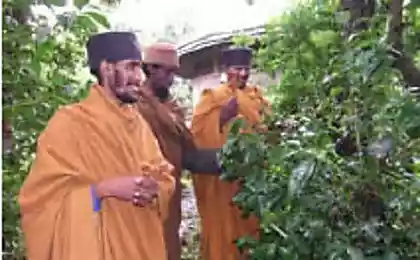538
The names Popov, Smirnov, wings and many others are artificial and have ecclesiastical origins
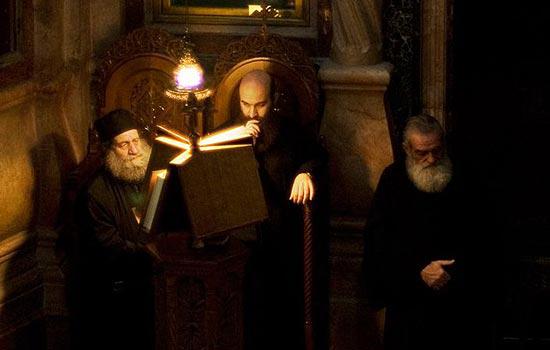
Seminaristskie names (seminars names, names of ecclesiastical origin, artificial names Russian clergy) - Russian "euphonious" artificial family, which since the end of the XVII century was prepared by representatives of the clergy to replace the native or in the absence of these in religious schools, seminaries and academies. They have developed is a natural historical process (in which the personal names were gradually transformed into a hereditary surnames) and were designed to artificially.
As pointed out by the philologist Lev Uspensky, these "priests" spiritual families, then passed by inheritance to the great intellectuals of the plebeian and unusually widespread throughout the country.
Since the end of XVII century the clergy begins a long and bitter struggle for the right to have the last name "as people", ie those which would bring them to the privileged classes, to the nobles. As a result, the clergy, the only one of the estates of the Russian Empire, was the privilege of the free name change and became the only social group in Russia, to make an introduction into use of artificial surnames systematic practice.
Part of the practice was related to the fact that many of its members, who came from the peasants, may have discordant names that do not stick dignity; or it does not have a real name, and enter the school with patronymic names, ie poluotchestvami (Petrov, Ivanov). Students who have not previously had the names in XVIII-XIX century came from families, social status are not entitled to hereditary surname.
Initially, these names were simply to secure the personalities bezfamilnyh children, but after the establishment of such names was a common practice.
The names can be changed easily by only one decision of the management. They were given as a reward or punishment. During study could change the name more than once with the educational purpose: Landyshev → Krapivin (due to poor response in the classroom). The brothers from the same family could wear completely different names, entered the Academy at different times, six brothers: Milovidov, Peter and Paul, Preobrazhensky, Smirnov, Skorodumov, Sedunov.
Often, these names have been formed by the suffix "-ski / -tsky", perhaps because the suffix is allowed to form a surname from almost any word. Another feature - the presence of the names with the suffix "s" formed from nouns ending in "s" (in natural names of those words is typical at the end of the "-in"): bronze, not Bronzino Awards, not Nagradin .
Geographical names were formed for the clergy suffixes "-tsev": Kazantsev, Rostovtsev, Suzdaltsev, Muromtsev. A special case of formation of the names - who studied in the seminary of the means of Metropolitan Platon received a hyphenated name, such as Gilyarova-Platonic.
Source: ru.wikipedia.org
via factroom.ru
John Dalton who discovered color blindness, believed that in his eyes there is a blue Colour filter
Most of the energy consumed by the brain spends unknown what
